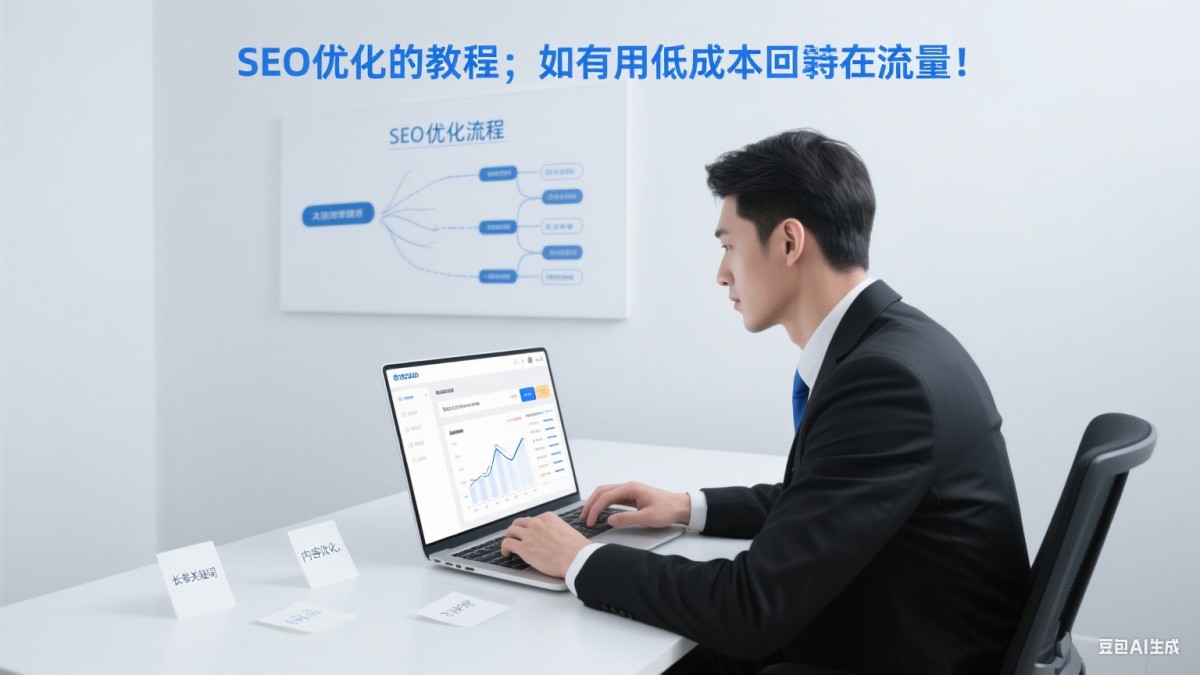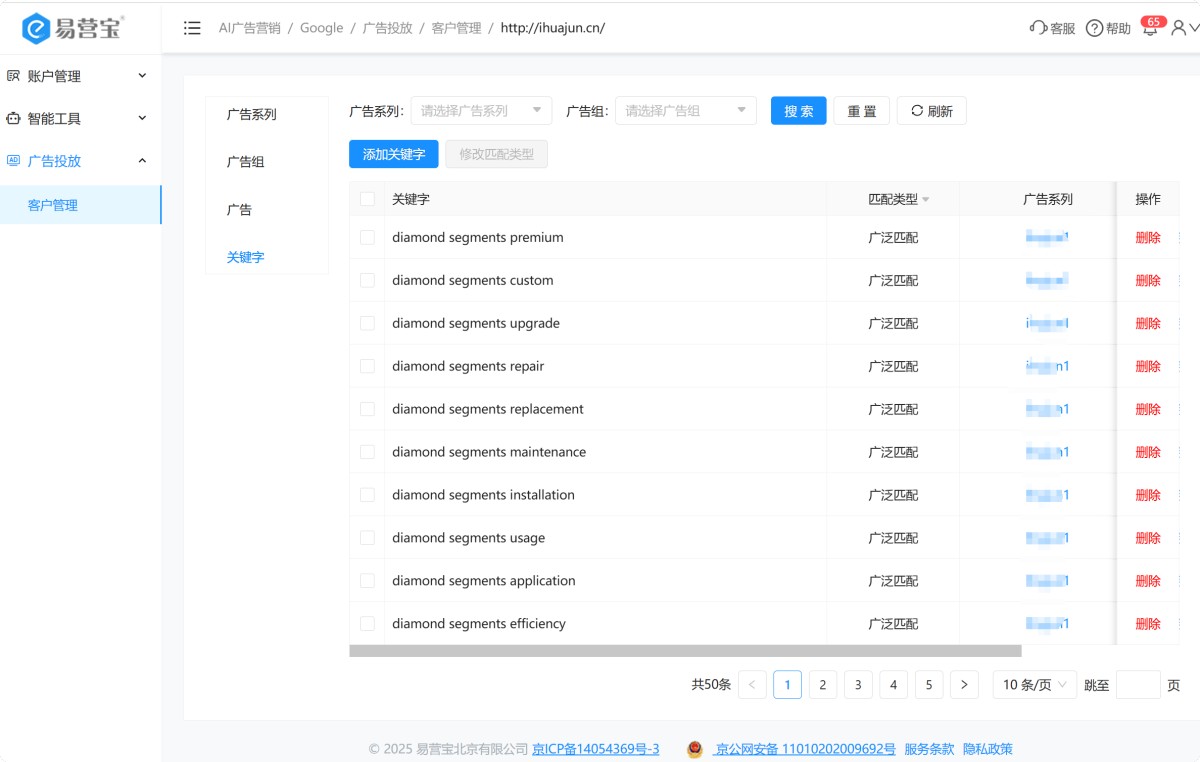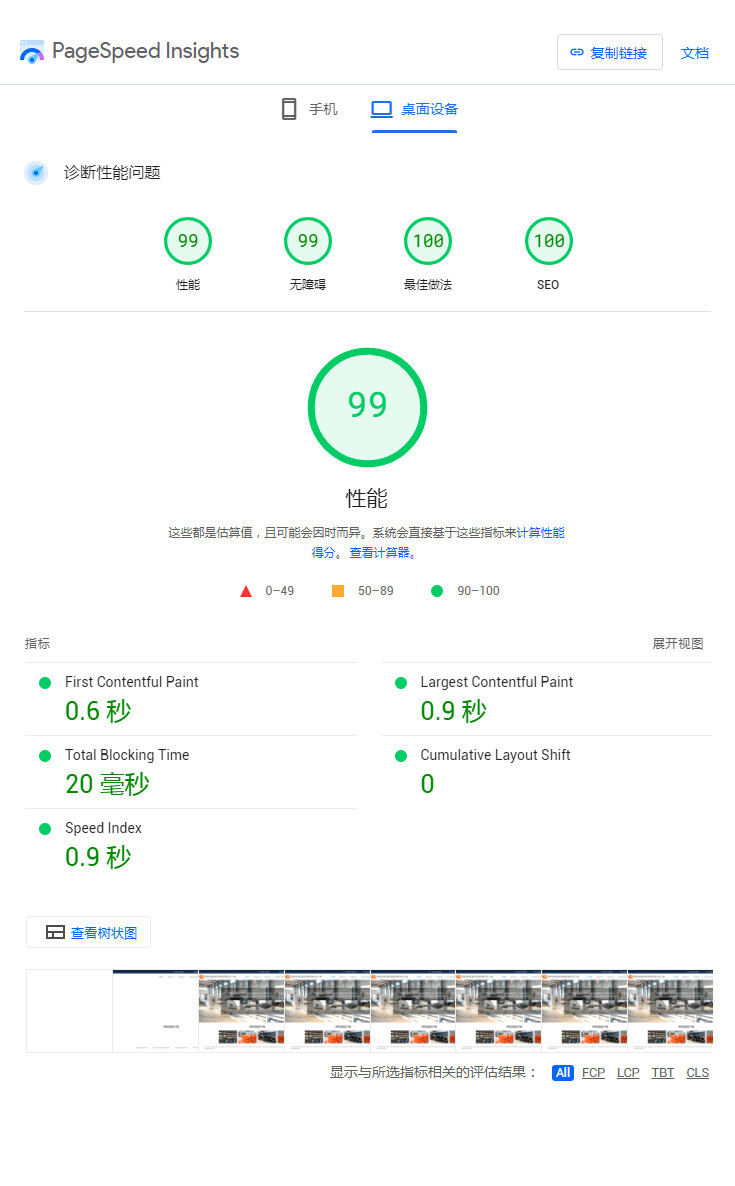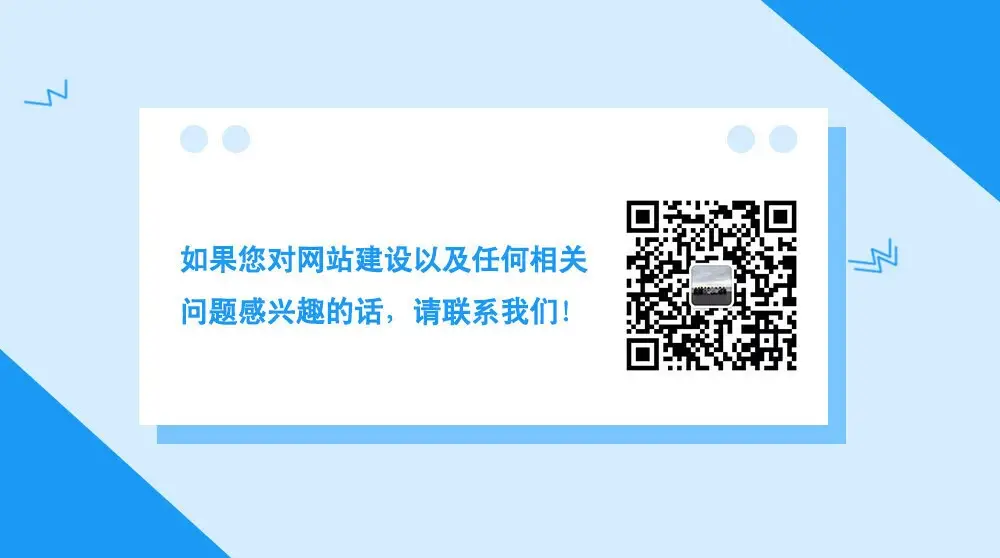EasyStore Cloud Intelligent Website Marketing System Platform!
- Successful foreign trade marketing: AI intelligent marketing empowered independent station2025-07-17View Details
- The future of AI ad delivery: a new trend in foreign trade digital marketing?2025-07-17View Details
- Rapid website building solution: reduce the cost of foreign trade enterprises2025-07-19View Details
- How can AI smart marketing tools simplify the operation of foreign trade websites?2025-07-18View Details
- Facebook Ads Optimization: Secrets to Boost Conversion Rates for Indie Customers2025-07-19View Details
- Fast website building: how to get your foreign trade website online quickly?2025-07-19View Details
- Exploring the new path of AI-enabled foreign trade to the sea, EYBao 2025 National Summit successfully held2025-07-11View Details
- Dynamic keyword library SEO optimization services, help foreign trade independent station accurate traffic flow2025-07-08View Details
SEO optimization tutorial: How to get the maximum traffic at the lowest cost?
In today's digital marketing field, SEO optimization has become a necessary skill for obtaining high-quality traffic. Unlike paid advertising, which requires continuous investment, SEO optimization, once effective, can bring long-term and stable free traffic. This tutorial will show you how to achieve the maximum traffic growth at the lowest cost from a practical perspective.

1. Keyword research: accurately locate traffic entrances
Keyword research is the foundation of SEO optimization. Through free tools such as Google Keyword Planner, you can find keywords with high search volume but low competition. Focus on long-tail keywords, which, although they have low individual search volume, tend to have better conversion rates and are easier to rank for.
1.1 How to choose high-value keywords

When selecting keywords, it is recommended to use the ratio of "search volume/competition" as the evaluation standard. The higher the ratio, the better the cost-effectiveness of the keyword. At the same time, pay attention to the commercial intent of the keyword and give priority to keywords with clear purchasing or consulting intent.
2. Content optimization: creating pages that search engines love
High-quality content is the core of SEO optimization. Your content should: solve user problems, have a clear structure, contain target keywords but not overstacked, and have good readability. Studies have shown that long content of 1,500-2,500 words often achieves better rankings.
2.1 Content structure optimization techniques

Use H2, H3 and other title tags to properly organize the content structure. Naturally include the main keyword within the first 200 words of the article, and evenly distribute related keyword variations in the body of the article. When adding images, be sure to optimize the alt tag, which is also an important SEO signal.
3. Technical SEO: Improve your website’s basic score
Even if the content is great, it will be hard to rank well if there are problems with the website's technical architecture. Check and optimize basic elements such as website loading speed, mobile adaptation, URL structure, internal links, etc. These improvements are often low-cost but effective.
3.1 Free tool recommendations
Google Search Console and PageSpeed Insights are two essential free tools. The former can help you monitor your website's performance in search engines, while the latter can diagnose website speed issues and provide optimization suggestions.

4. External link building: low-cost acquisition of high-quality external links
Backlinks are still an important ranking factor. You can earn high-quality backlinks at a low cost by writing guest blogs, participating in industry forums, and creating valuable data or tools for others to reference. Remember, quality is more important than quantity.
4.1 External link building strategy
Prioritize obtaining backlinks from industry authority websites. Even if there is only one such backlink, its value may exceed dozens of low-quality backlinks. At the same time, pay attention to the natural and diverse anchor texts of the backlinks to avoid suspicion of over-optimization.
5. Continuous optimization: SEO is a long-term process
SEO optimization is not achieved overnight. It is recommended to conduct a comprehensive SEO audit every month to analyze which keywords are rising or falling in the rankings, which pages are performing well or poorly, and then adjust the optimization strategy accordingly.
5.1 Data analysis and adjustment
Use Google Analytics to track key metrics: bounce rate, average dwell time, conversion rate, etc. This data can help you understand user behavior and find content or page structure that needs improvement.

By following the methods introduced in this SEO optimization tutorial, you can significantly increase website traffic without increasing your marketing budget. Remember, the core of SEO optimization is to provide truly valuable content that meets user needs. If you stick to these strategies, your website traffic will continue to grow.
If you have any questions about the construction and operation of foreign trade websites , please contact Yiyingbao technical customer service WeChat: Ieyingbao18661939702, and the staff will answer you wholeheartedly!

The picture resources are from the Internet. If there is any infringement, please contact 400-655-2477
Similar Recommendations




